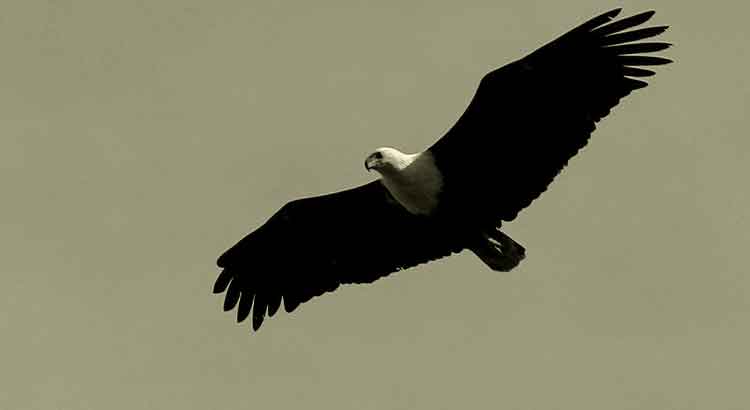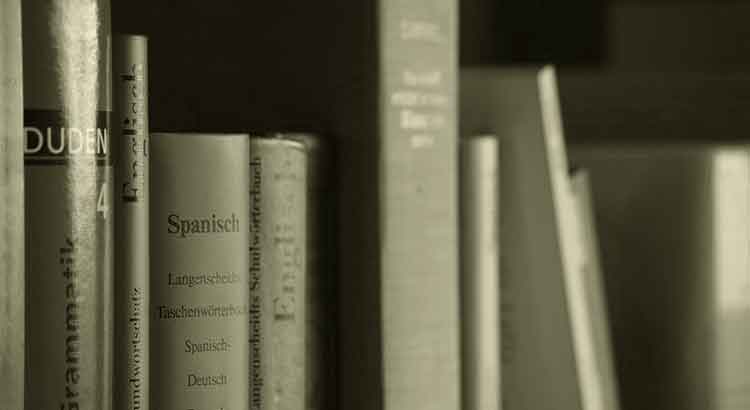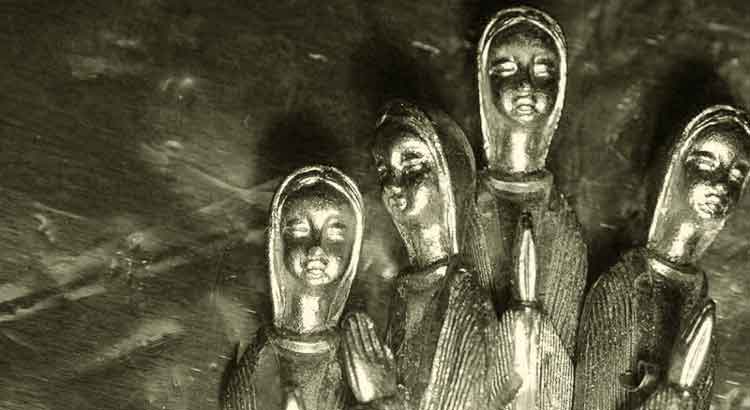The image we make of authors and works, over time, comes to life and moves. So we can experience impressions that are impossible in the instant contiguous to contact with them, impressions that require distancing and maturation. If, on the one hand, these impressions can expand our understanding, on the other they can take us away from what is most important. Therefore, of those that are dear to us, rereading is a mandatory task.
Tag: literature
How Is It Possible?
“Man never assumes himself to be unintelligent”—so I said, and I add: it was the greatest humiliation for me to discover myself, as an adult, an illiterate. I was absolutely humiliated to find myself unable to read in my own language and, therefore, I found myself exactly illiterate. Intolerable! A single resource of style—those present in every sentence of a great writer—deprived me of the meaning of a period—a real terror to judge the dictionary itself useless!—But why do I say this? Realizing me ignorant, I began to study grammar with almost religious fervor. Today, the surprise: these boring books have seemed enjoyable to me. How is it possible?
Camões Is The Lusiads
Pessoa says, in free translation:
Camões is The Lusiads. The lyric, in which the inferiors focus the admiration that denotes them as inferiors, was, as in other epics of equally remarkable sensibility, only the inorganic surplusage of the epic.
And, on another occasion:
Camões mourns the loss of his gentle soul; and after all the one who mourns is Petrarch. If Camões had had the emotion sincerely, he would have found a new form, new words—everything but the sonnet and the ten-syllable verse. But no: he used the sonnet in decasyllables as he would use mourning in life.
What to say? First, it is diminishing for Camões to classify him as an epic poet: Camões was a poet. Like Pessoa, a poet of multiple manifestations, a great poet. Next, the aesthetic judgment. To reduce poetry to form is as low as judging a novel by the number of pages. There are sonnets in which one can find everything except Petrarch. What should be asked is: what is the poet doing in decasyllables? Is it possible to see him in his sonnets? We notice the obvious: when Camões cries, Camões is the one crying. And, if I were my vocabulary, I would add that the cry is more beautiful because it is shared, because it establishes a link with the past and is a manifestation of empathy, humility, and respect. Originality does not require the creation of a new format, sincerity does not necessarily have to invent the model of its own expression: it is enough that it expresses itself. It is notorious the brilliance of the poet when, composing under known rules, he expresses his individual soul.
The Literary Belief, Beautiful and Silent…
The beautiful and silent literary belief, the intimate and timid suffering, the solitary resignation… none of that seems to exist. What does exist and abound is unbridled vanity, the infamous gregarious instinct united with the need for validation by others. There is the imposition of one’s own world view, the demand for agreement, the intolerance of dissent, the certainty and pride of one’s own distinction. Impose, repel, demand are the common verbs—never intransitive, always requiring a personal complement. Sometimes it seems that literature does a disservice to the understanding of the objective world.



